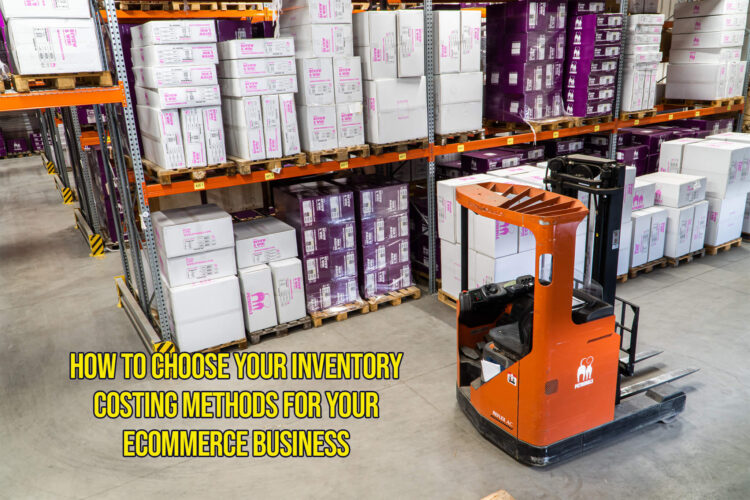
As an e-commerce merchant, you can ensure a smooth business by making sound financial decisions and complying with existing sales tax laws and regulations. You should be collecting sales taxes, which are placed on the sale or lease of goods and services. Items sold and distributed within the US and Canada are generally subject to sales tax. The challenge lies in how much sales tax you should collect.
Sales Taxes in the United States
Sales tax in the US is governed at the state level. No national general state tax exists. Except for five states, and including the District of Columbia, the territories Puerto Rico, and Guam, all states impose sales taxes that apply to most goods sold and some services. As of 2018, only the states of Alaska, Delaware, Montana, New Hampshire, and Oregon do not levy a statewide sales tax. Individual localities may impose these taxes and some of them do impose use taxes on specific items.
For purchases made outside of the buyer’s state of residence, and for which no sales tax was collected, use tax is applied. It is self-assessed by the buyer.
Sales tax, calculated by multiplying the purchase price by the applicable tax rate, should be collected by the seller at the time of the sale. It is imposed only at the retail level, unlike the value-added tax. Retail sales definition varies among the states. Almost all jurisdictions have numerous categories of goods and services that are either exempt from sales tax or levied different tax rates.
Goods that are purchased for manufacture or resale are uniformly exempt from sales tax. Food sold in grocery stores, prescription medications, and most agricultural supplies are exempted from sales tax in most jurisdictions.
With a rate of 7.25%, California has the highest base sales tax while the total sales tax including county and city sales tax in Arab, Alabama is highest at 13.50%. In states where the tax is on the seller, it is customary for the seller to demand reimbursement from the buyer.
Sales Taxes in Canada
The two types of sales taxes in Canada are Provincial sales taxes (PST) and Goods and Services Tax (GST)/Harmonized Sales Tax (HST). The former is levied by the provinces whereas GST/HST applies nationally. HST includes the provincial portion of the sales tax and is administered by the Canada Revenue Agency (CRA). Except for Alberta, every province has implemented either a PST or the HST. The federal GST rate is 5%.
Only the GST is collected in the territories of Yukon, Northwest Territories, and Nunavut, having no territorial sales taxes. These jurisdictions are heavily subsidized by the federal government due to the high cost of living in the north.
Separate PST is collected in the provinces of British Columbia, Saskatchewan, Manitoba, and Quebec. Goods to which the tax is applied and the rate vary by province. Where the provincial sales tax is collected in the provinces, the tax is imposed on the sale price without GST. Of the provincial sales taxes, only the Quebec Sales Tax and the HST are value-added; the rest are cascading taxes.
Items sold and distributed within the US and Canada are usually subject to sales tax. 9 out of 10 times, every product sold in these countries are subject to sales tax – whether you are a local or foreign seller. Being conscientious in collecting sales taxes as an e-commerce merchant will let you enjoy doing your business and keep you worry-free from any ramifications.
Tax laws and regulations are always changing, so it’s important to keep up with the latest news in order to avoid any penalties your business might face. Having an accountant who is well-versed in tax law can be a big help in making sure you stay compliant and informed about all the latest changes. At eCommerce Accountant, we provide our clients with the best possible accounting services so they can focus on what they do best – running their businesses.
If you have any concerns about tax law or regulation, please do not hesitate to reach out to us. We would be happy to provide you with our expert accounting services.
Next read: Accounting for Amazon and Shopify Merchants: What You Need to Know?





